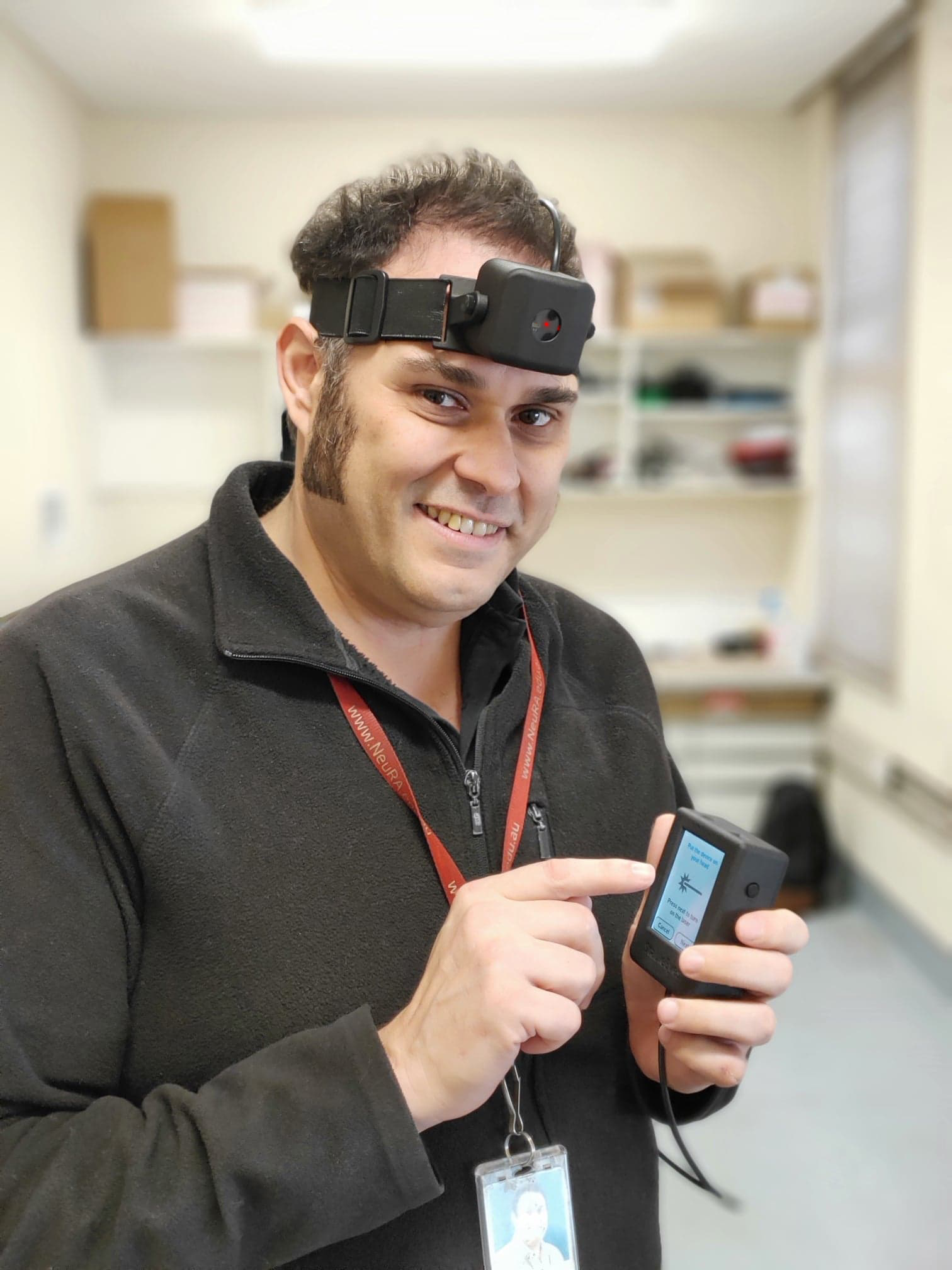
Biography
Research Interests:
The vestibulo-ocular reflex (VOR) is important for maintaining visual stability during tasks that move the head rapidly and unpredictably, for example, as occurs during running or when driving on a bumpy road. The vestibular organs, one in each inner ear, sense rotational and linear head motion and move the eyes to compensate for passive head movements. The vestibular organ can be damaged by disease, degenerative conditions...view more
Research Interests:
The vestibulo-ocular reflex (VOR) is important for maintaining visual stability during tasks that move the head rapidly and unpredictably, for example, as occurs during running or when driving on a bumpy road. The vestibular organs, one in each inner ear, sense rotational and linear head motion and move the eyes to compensate for passive head movements. The vestibular organ can be damaged by disease, degenerative conditions and by chemical or surgical interventions. When both vestibular organs are damaged it can be severely debilitating. The research in this laboratory has two closely related goals: 1) to understand the signal processing mechanisms that control the VOR by analysing vestibular-evoked eye movements and single-unit (vestibular nerve) recordings; and 2) to apply this knowledge of basic vestibular physiology to the diagnosis and treatment of balance disorders in humans.
Broad Research Areas:
Neuroscience, Biomedical Engineering
Qualifications:
BSc, BE(Honours I) (USyd), MBiomedE, PhD (UNSW)
Specific Research Keywords:
Vestibular Physiology, Balance, Neuroscience, Vision, Video-oculography